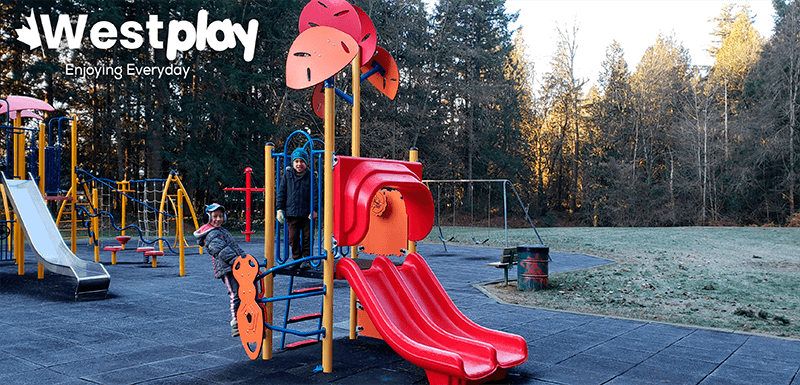The development of empathy is a crucial aspect of children’s education, as it enables them to understand and respond appropriately to the emotions of others. However, teaching them empathy can be challenging, as it involves putting themselves in other people’s shoes and understanding their feelings.
Fortunately, there is a place where children can learn these skills naturally: the playground, as it is more than a place where children play and have fun. It is also a laboratory of empathy where they can practice and hone their social and emotional skills. It is an environment where children interact with their peers, experience different situations, and learn to understand the emotions of others. In this article, we will learn a little more about how children can learn to understand the feelings of others within the playground.
Imaginative play
One of the ways children learn emphatically in the playground is through imaginative play. When children engage in role-play, they take on different roles and characters, allowing them to explore and experience various emotions. For example, by playing the role of a superhero, a child can experience the thrill of power and bravery and understand how characters who need help feel. This imaginative play allows children to put themselves in the shoes of others and understand their emotions.
Socialization
In addition to imaginative play, social interaction in the playground also plays a key role in developing empathy. During group play, children must learn to listen, cooperate, and adapt to the needs of others. Children can experience shared emotions through these interactions and recognize nonverbal cues indicating their peers’ feelings. For example, if a child notices his friend is sad about losing a game, he can express support and comfort. These situations teach children to recognize the emotions of others and to respond compassionately.
Conflict resolution
Another way the playground acts as a laboratory for empathy is through the challenges and conflicts between children. When faced with difficult situations, such as disputes over toys or differences of opinion, children must learn to manage their own emotions and consider the needs and feelings of others. Conflict resolution requires empathy, which involves putting themselves in the other person’s shoes and understanding their perspectives. At the playground, children can practice conflict resolution skills and develop their ability to understand and show empathy for others.
Effective management of emotions
The playground is a laboratory of empathy where children learn to understand and respond to the emotions of others. Through imaginative play, social interaction, and conflict resolution, children develop empathy skills that will be useful throughout their lives, even in difficult situations, when a child cries out of annoyance or frustration over or in case of injury. As adults, this learning should be encouraged and supported by providing them with a safe and encouraging environment in which they can practice and hone these skills. The playground is not only a place to play but also a place where children can learn to connect emotionally with others.
What did you think of this topic? Do you want to know more about attention skills in children?
If you want a playground for your project, community, school, daycare, or public park, contact us by visiting the following link.
